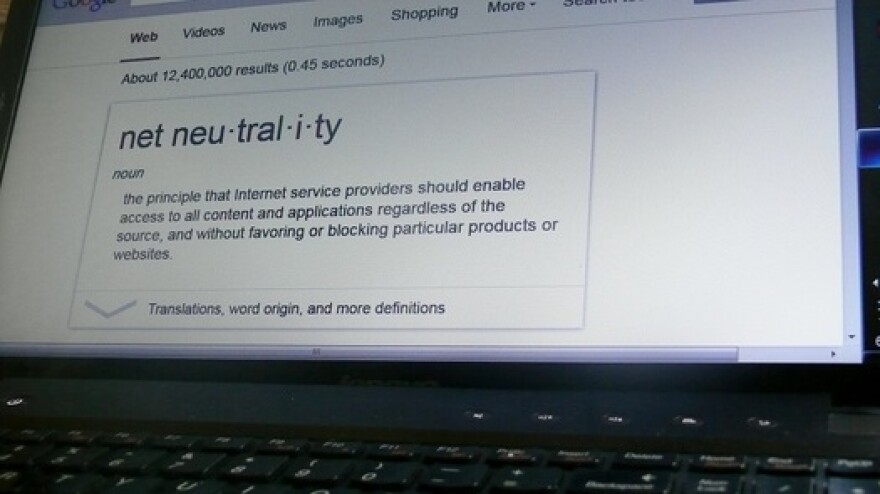The Federal Communications Commission (FCC) guaranteed equal access to the Internet two years ago, when the regulatory agency passed net neutrality, backed by the Obama administration.
Nearly 4 million public comments helped cement the open Internet rules. But will they survive?
President Donald Trump's choice for FCC chairman, Ajit Pai, has called net neutrality a "massive intrusion into the Internet economy."
Marty Newell, who coordinates the Rural Broadband Policy Group, says the rules are "a guard against overreach" by corporate interests.
He fears without this protection, content from big providers will make it onto the Web's fast lane, pushing other providers to the slow lane.
"What worries me is that small folks are going to have a hard time finding room – that they're going to get moved aside – and that doesn't serve consumers well,” he states. “It also doesn't serve entrepreneurs well."
Newell says it could especially hurt those in rural areas trying to deliver goods or services online.
But when Pai announced his opposition to the net neutrality decision, he said the rules created "less choice and less free data for consumers."
Pai, who has been with the FCC since 2012, maintains the Internet was already "open and free."
"And so, in my view, net neutrality rules are a solution in search of a problem," he states.
Newell says the nation's history in treating telephone service as a utility illustrates the importance of regulating common carriers. He says monopolies don't tend to serve consumers well – especially in under-served, rural areas.
"We've moved past where a telephone is a telephone,” he stresses. “Now, the Internet is as much that communications tool as anything."
For that reason, Newell says the simple notion of an equal information highway must continue.
"All legal content and all users get the same even-handed treatment, and we're not picking winners,” he states. “Without that rule, corporate interests get to pick the winners."

